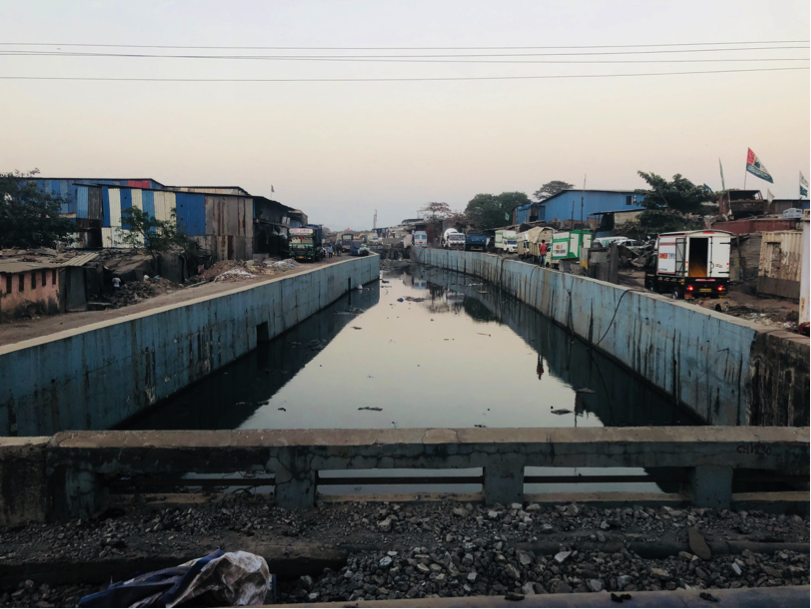By Judita Hudson
Bachelor of Science (Environmental Studies)/ Bachelor of Laws.
Upon arriving in our hostel in India after an exhausting 14 hour flight, we rushed to the toilet. To our surprise, we saw a hand bidet sprayer next to the commode instead of a fresh roll of 3 ply toilet paper. Panic struck and toilet paper became the focal point of all our conversations. We even resorted to purchasing overpriced toilet paper from the local convenience store.
However, upon visiting Mandala, an informal settlement in the M-East ward which is also the poorest ward in Mumbai, I realised the cruel irony that whilst I could not fathom surviving without toilet paper for a single day, only a few kilometres away, thousands of people have hardly any access to toilets.
As I ventured through the bustling lanes of M-East, I was confronted with the distressing sight of an army of flies feasting on faeces on the road. The same flies would then ferociously circle the food products being sold in the open market lanes. It is no wonder that these communities are often plagued by outbreaks of diseases like diarrhoea. Ultimately, the blatant cases of open defecation foregrounds the strained and dysfunctional state of the toilet infrastructure in Mumbai’s informal settlements.

The 2019 ‘Improving Community Sanitation’ survey revealed the extent of the poor toilet conditions across M-East. There are only 501 toilets which must be shared by a population of almost 1 million. Consequently, locals often have to wait hours to access the toilets and this leads to cases of open defecation.
This is ironic considering the ward was declared open defecation free in 2017. In addition, approximately half of the toilets are dilapidated and 3 people died by falling into a septic tank after a toilet collapsed in Mandala in 2017. To make matters worse, 90% of the toilets have no sewage connection. Instead, the toilets either directly open out into the nullahs or the discharge is thrown into the open gutter where it attracts flies and emanates a putrid odour which wafts through the crowded lanes of settlements. Whilst the findings of the sanitation survey were submitted to the Maharashtra government, but nothing has changed.
We did learn however, that local leaders are building capacity for social change. One of the striking features of M-East is the strong and deeply rooted sense of community spirit and activism. We visited a local school and met community leaders working to educate young people. This project is suppported by a government grant, in partnership with resarchers at the Tata Institute of Social Sciences.
The community can mobilise to precipitate real change. However, the journey to improve sanitation will be long and difficult if the government is not engaged as a stakeholder. The bigger question hanging over M Ward East concerns agendas to redevelop the slums, for instance through private investment and high-rise apartments.
In comparison to the challenges of toilet infrastructure in slum areas, many of our Western concerns seem trivial. Our toilet paper woes were resolved in less than 24 hours as we were provided with an ample supply of toilet paper by our hostel.
Whether you use a bidet or toilet paper, the real luxury is the toilet.

